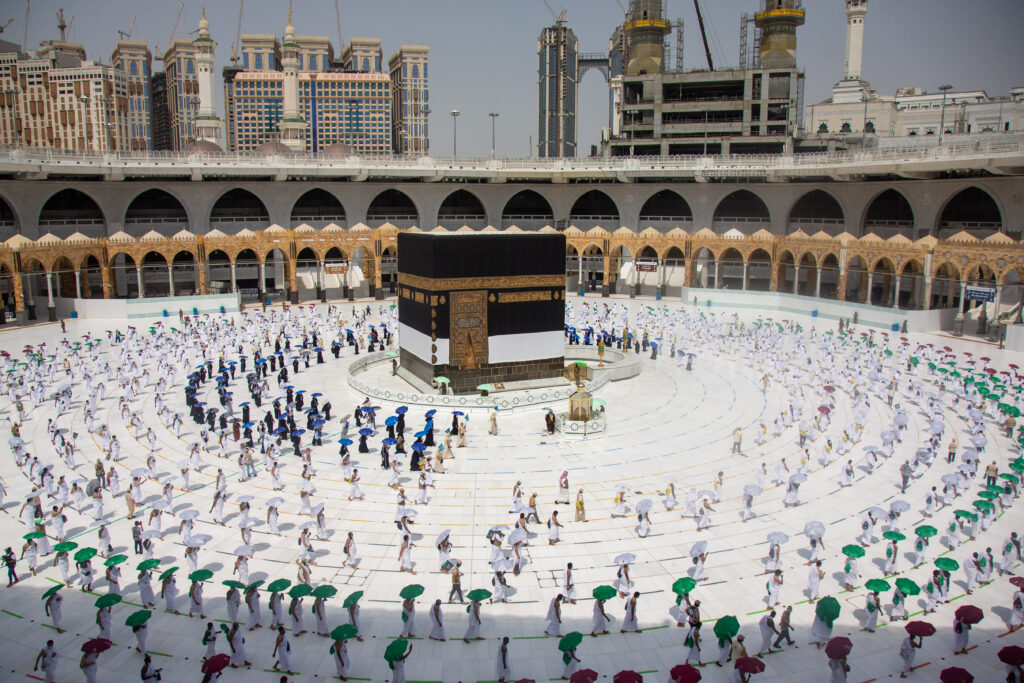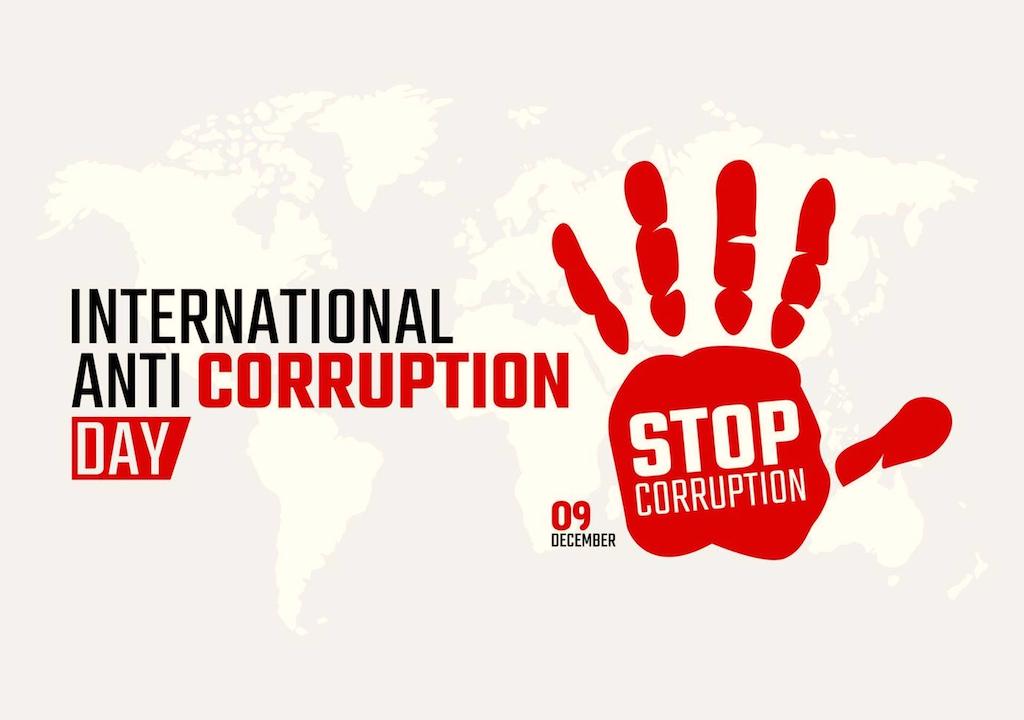“To be thus is nothing, but to be safely thus” – William Shakespeare (Macbeth)
Governor Aregbesola’s administration in the State of Osun is perhaps best described as one that has derived its strength from crises. Religious crisis over the hijab, between muslims and christians, almost became an endless one, bourgeoning when it seemed to be terminating. It finally subsided with the peoples’ resolve and the intervention of well meaning supporters. No less unnerving was the government’s altercation with organised labour. What is clear in this regard, for now at least, is that there has been no formally declared dispute. But the currently raging conflict triggered by the forthcoming senatorial election is one that may leave such a destabilising effect in the state that may even affect the next governorship election.
This politics with bitterness in Osun State, involving the Ede community against mainstream politicians including the sitting governor, has never been as bad as it currently is. Governor Aregbesola reportedly dismissed Dr. Deji Adeleke, brother of late Senator Adeleke, as indulging in unfounded claims against his government. Otunba Ademola Adeleke, of course, has not spared much breath in unleashing hurtful pronouncements against his erstwhile colleagues in APC. Otunba Adeleke’s opponent, Mudashiru Hussain and his team have not relented either.
For decidedly neutral, yet activist stakeholders like me, this episode has been unimaginably messy and should fade away as fast as possible. The mess being impacted on individuals and families is best exemplified in what manifests in the family of the Ejigbo born, Honeywell Flour Mills engineer, Fatai Sina Oyeyemi, President of the Old Students’ Association of Muslim Grammar School, Ede. Both Mudashiru Hussain and Otunba Ademola Adeleke are members the Oyeyemi-led association. Although both Oyeyemi and Hussain are from Ejigbo, Oyeyemi’s wife of more than twenty years, Fatimo, is from Ede. Besides, Oyeyemi and Otunba Adeleke had been intensely fond of each other, even before it became public knowledge that Oyeyemi was going to be Adeleke’s in-law. So, where should Citizen Oyeyemi and several others, including me, with connections to the parties involved in this election and as legitimate stakeholders, appropriate their loyalty in the midst of flying anger?
For those who may not know, the tragic outburst of Ede people in reaction to Senator Isiaka Adetunji Adeleke’s death is best captured by Ola Rotimi’s assertion that “joy has a slender body that breaks too soon”. Until Adeleke became the first executive governor of Osun State in 1991, endowed as Ede was with world class professionals, political appointments had always eluded the town. For that community, commissionerships and board membership of parastatals were some kind of impossible attainments; some mirage.
Some analysts had argued that it was because Ede was largely a muslim community, while the ruling elite in the entire western region of Nigeria comprised Christians in the main. Sample: When Bola Ige became governor of Oyo State in 1979, of course with the support of Ede, the community had looked forward to proper reckoning. The cabinet composition was eventually announced and the Ede community sought to know who her representative was. Lere Adetoye – then a teacher at The Polytechnic, Ibadan – was the eye of the community in Bola Ige’s team. Not a few people believed Adetoye could withstand political turbulence when and if any happened. And that government recorded an ample share of this. Till date, there has probably not been any civilian state government in Nigeria in which a replay of the tumultous Bola Ige-Busari Adelakun has featured.
In Ede, queries therefore began to issue forth on who else would be appointed. What happened to Bunmi Ayoade? What’s the matter with Olaide Abbas? Ayoade, retired, a world class professor of political science now based at the UPenn in the US, was the awe-inspiring, ambassador of the community, who was at the University of Ibadan for several years. Lately, he coordinated Aregbesola’s campaign for re-election. On the other hand was Abbas, who today is emeritus professor of Computer Science at the University of Lagos. Abbass has been so much a part of the grassroots that he remains till date a major benefactor of Muslim Grammar School, Ede. He had served on the board and expended material, moral and intellectual resources on the only school that the community saw as its sole baby after some nomenclatural distortion had been inflicted on some earlier efforts. Prof. Abbass was particularly expected to be appointed into government at the cabinet level on account of his political activism, which derived from that of his late father who was a close acquaintance of Chief Obafemi Awolowo. The intellectual accomplishment of the duo of Ayoade and Abbass held no attraction for Ige. Ede therefore had to endure Ige’s administration. But the emergence of the community’s messiah was not going to take eternity. Babangida created Osun State and the community produced its first civilian governor.
Both Hussain and Ademola, unknown to their lackeys, are like brothers that must reconcile as soon as this election is over. The two candidates should know that providence has been maximally kind to them, hence whatever comes their way ultimately should not lead to any rancour.
Quite remarkably, Adeleke ensured that he constituted a most commendable team of erudite professionals and administrators. His chairman of the Local Government Service Commission, Alhaji Gani’ Adegbite, now late, was a fine economist and veteran grassroots politician who used that position to substantially decongest the labour markets state-wide. I also knew so well that the Muslim Pilgrims Welfare Board led by veteran journalist and former general manager at Concord Press, Alhaji Liad Tella, was probably the best in the country then. Tella was later head hunted for appointment as a pioneer commissioner for the National Hajj Commission.
Clearly, Osun State has been substantially cultivated for governance, with structures there relatively better than what most of its contemporaries could boast of. It would have been a shame, anyway, if a contrary situation obtains in a region noted for minimum tolerance of non-performance, as well political deception, far deeply entrenched in other parts of the country. But this hasn’t happened without efforts. Perhaps most important were the foundational endeavours of the pioneer civilian government, upon which subsequent ones later built. Unfortunately, a consolidation of Adeleke’s first term as planned was not to be, leading to the ongoing battle between two accidental bidders.
As accidental bidders, they refuse to address governance issues. They deliberately ignore issues of fairness and justice, as well as the even development conspicuously needed in their domain. Rather, they indulged more in attacking one another, escalating the aspersions ventilated by their supporters. Hussain’s cronies have eulogised him to high heavens echoing his humility and all. To them Demola is not even a member of the party or may be not old enough in the party to deserve what he is aspiring to become.
This is worrisome and compellingly so. It is glaring that the two leading parties fielding Muda and Demola hardly did any homework on their candidates.
Both Hussain and Ademola, unknown to their lackeys, are like brothers that must reconcile as soon as this election is over. The two candidates should know that providence has been maximally kind to them, hence whatever comes their way ultimately should not lead to any rancour. It is hoped that the duo will seek a common ground, probably beginning with the common umbrella of the Old Students Association of Muslim Grammar School Ede.


